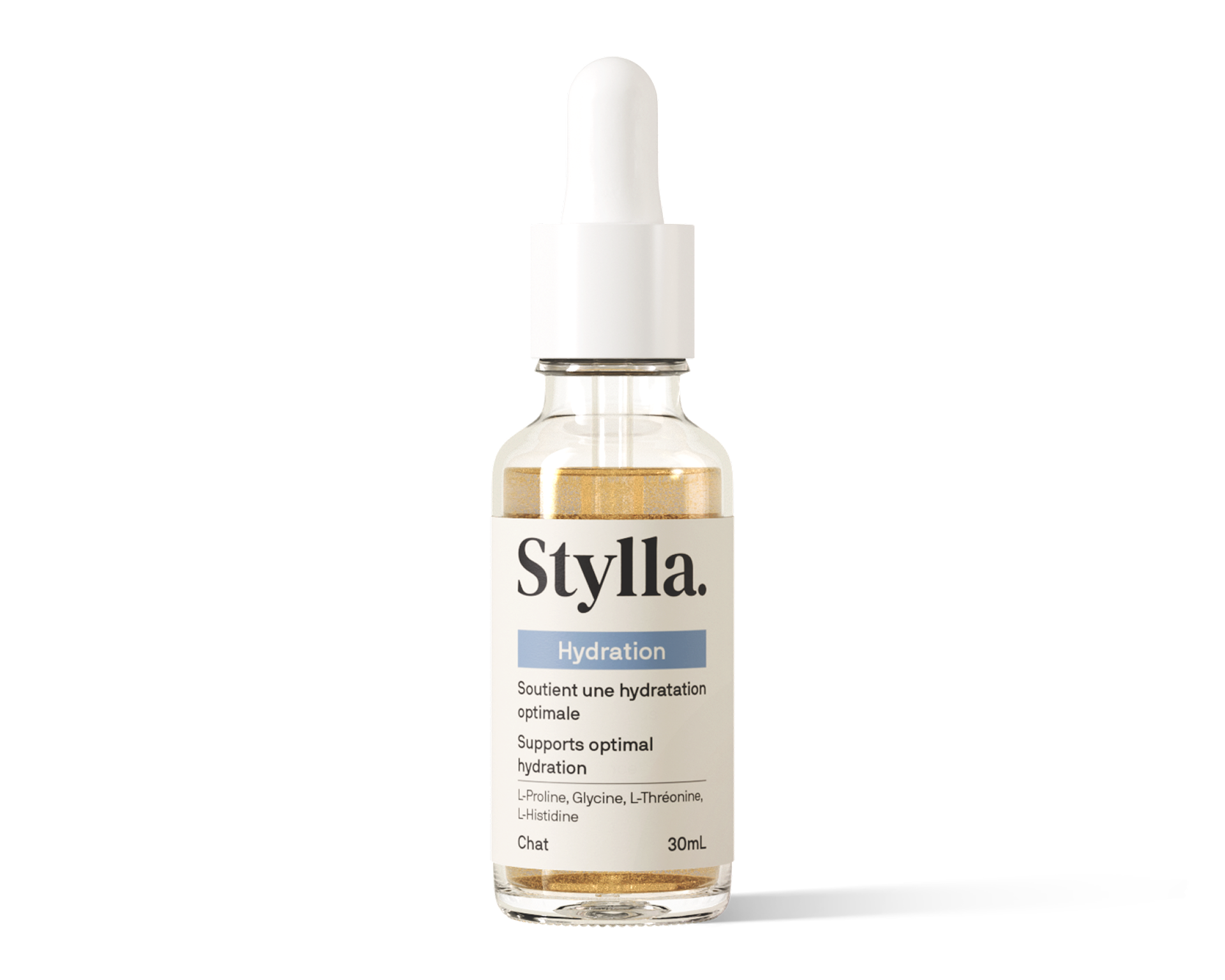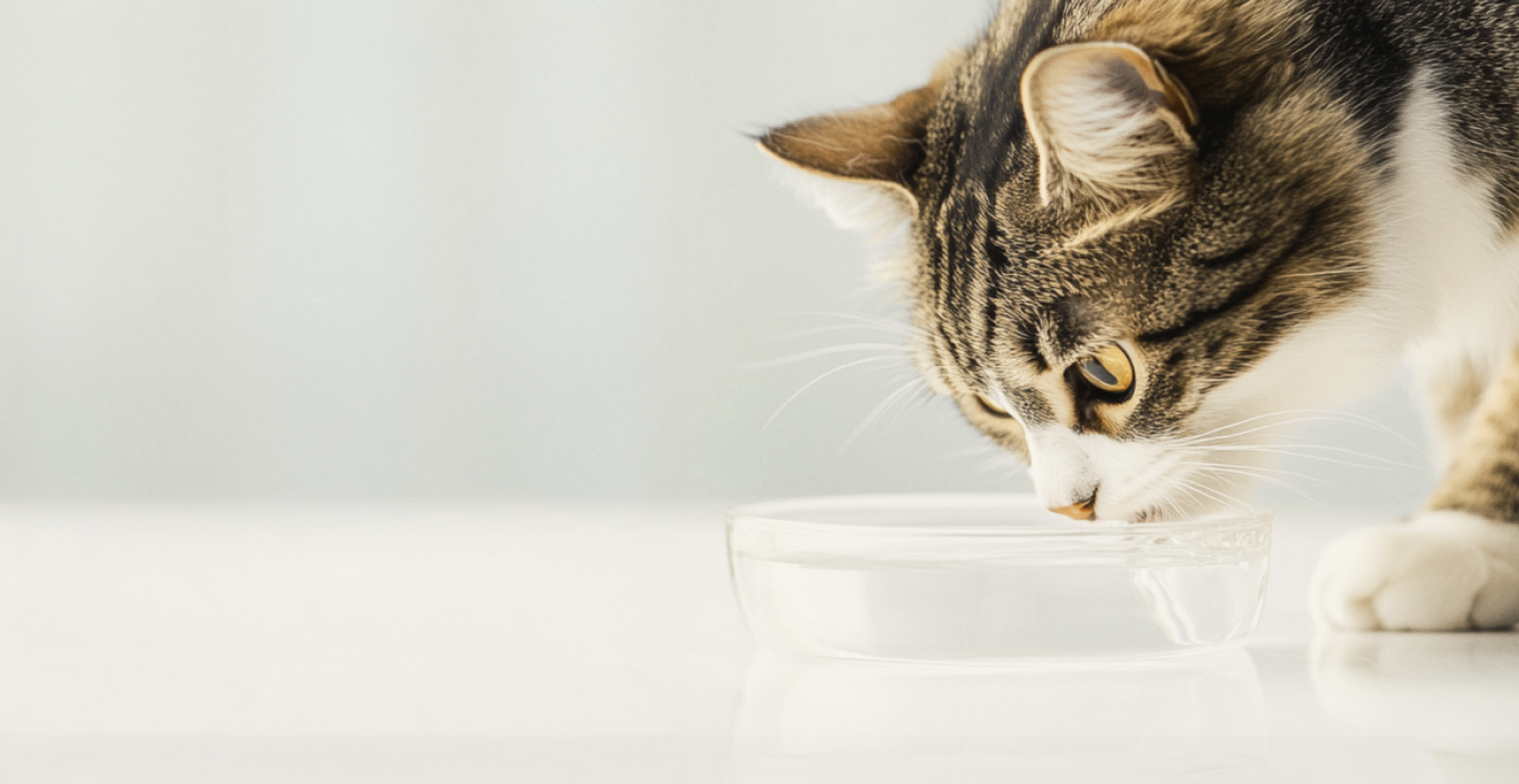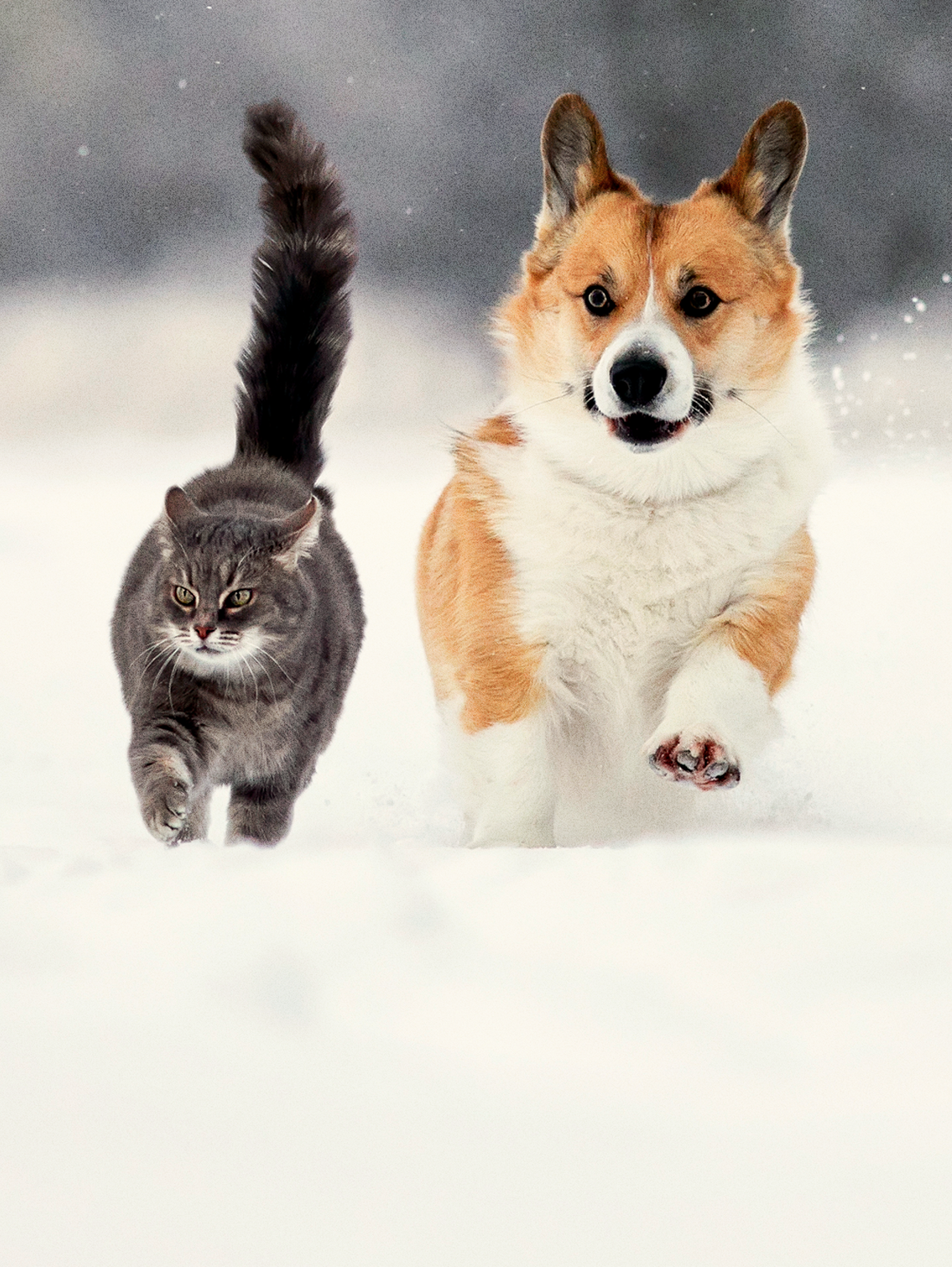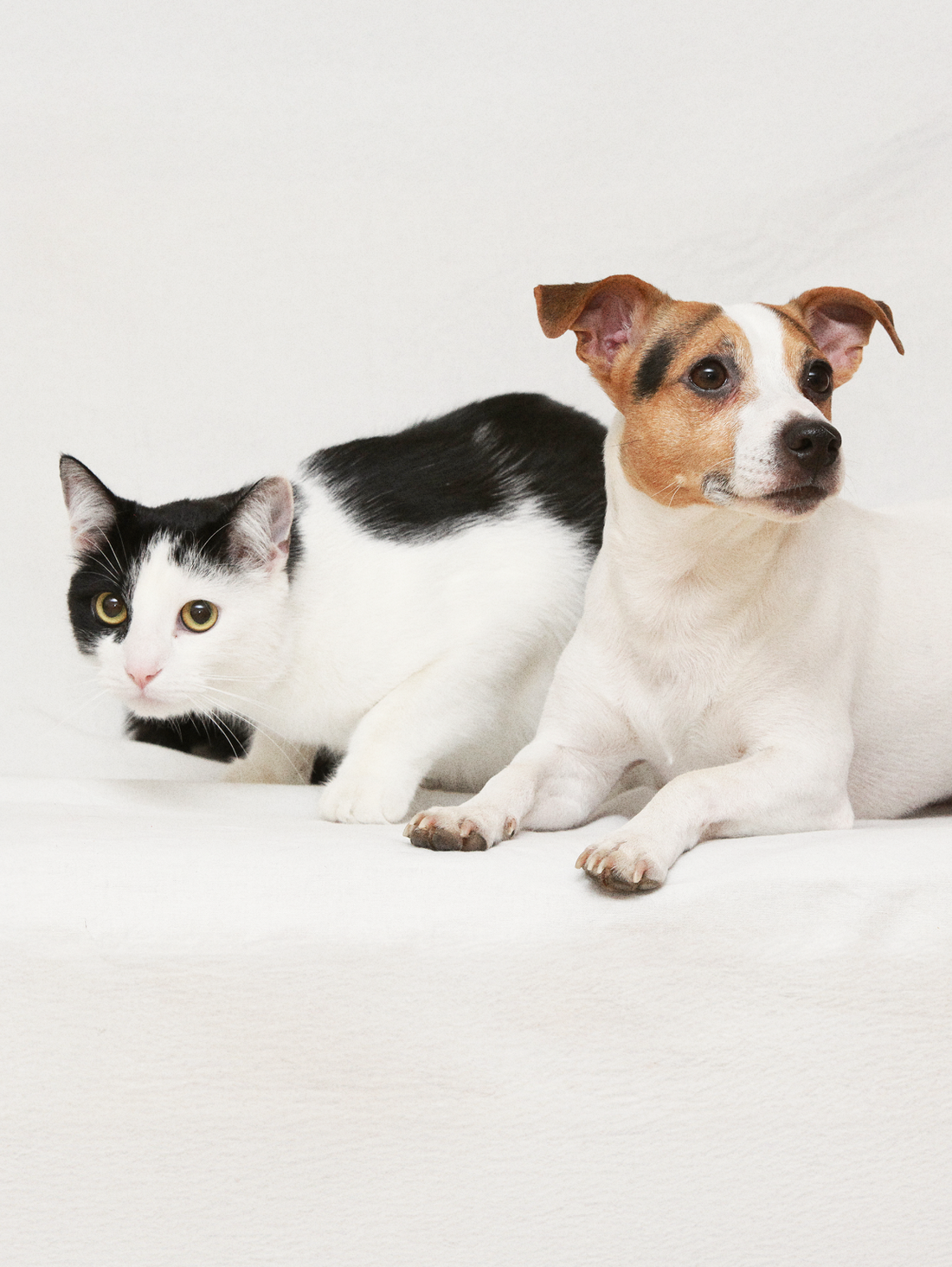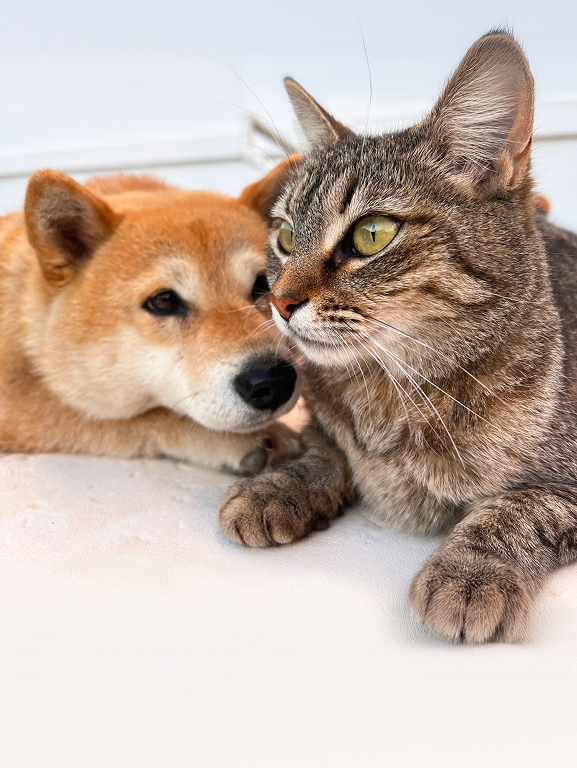Hydration
Why is optimal hydration essential?
Reduce mineral concentration in the urine.
Improve overall energy and appetite.
Supports kidney function.
Understanding cats hydration.
Why cats don’t drink enough
Cats are naturally low drinkers. Their ancestors got most of their hydration from prey, not water bowls and that instinct hasn’t changed.
Modern diets don’t help
Dry food doesn’t provide the moisture their bodies expect. Without extra water, many cats simply don’t get enough.
Why it matters
Low hydration can quietly affect kidney function and urinary health. Supporting daily intake is a simple way to help them stay healthy, especially as they age.
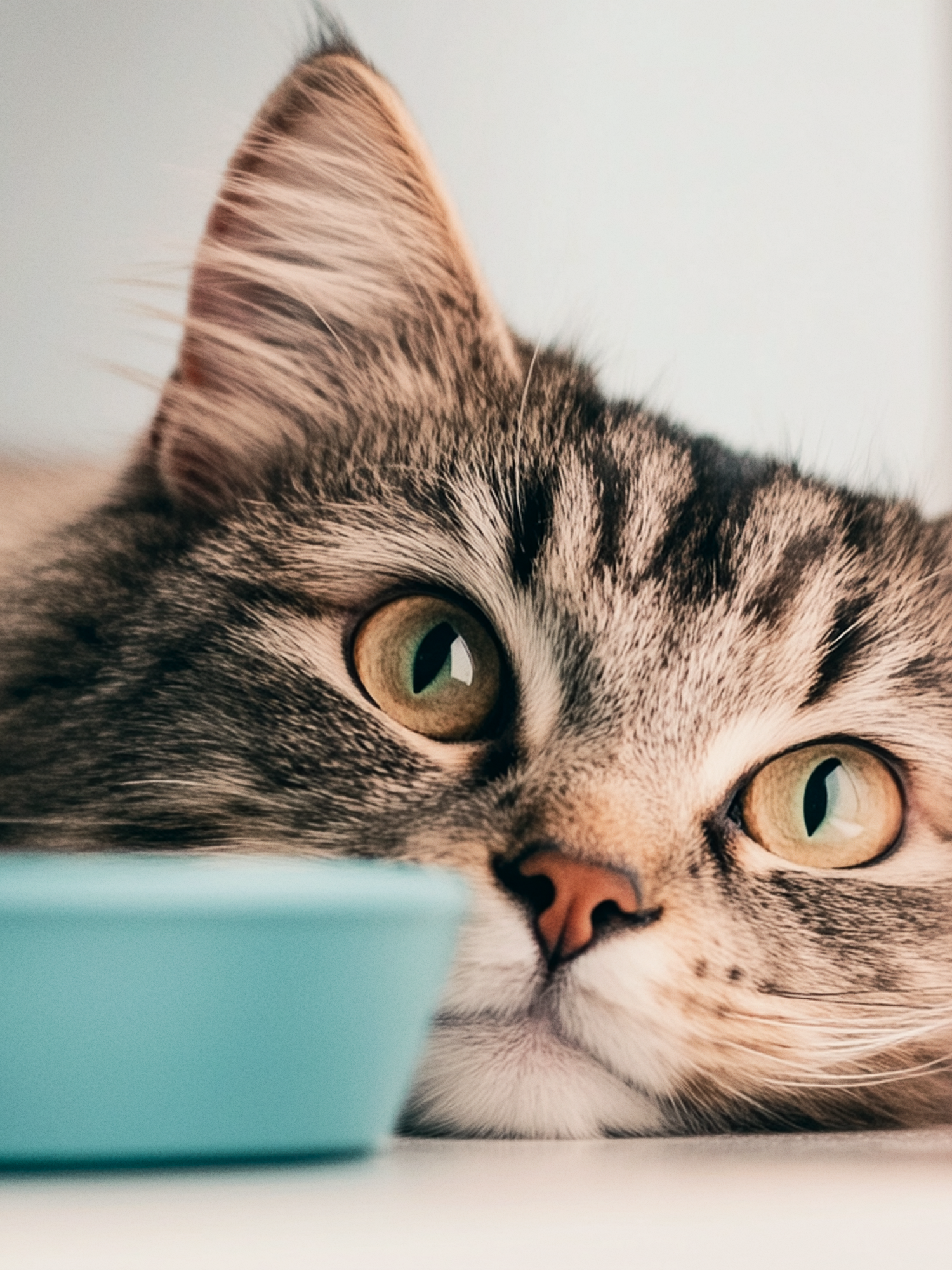
How does dehydration affect cats?
Progressive kidney deterioration
Progressive kidney deterioration
Dehydration forces kidneys to work harder filtering toxins from concentrated blood. Studies show that chronic kidney disease affects approximately 30-40% of cats over 10 years old, with proper hydration being crucial for preserving kidney function.
Concentrated urine and crystal formation
Concentrated urine and crystal formation
Inadequate water intake leads to concentrated urine, increasing the risk of urinary crystals, stones, and infections. Cats with chronic dehydration are more prone to painful conditions like Feline Interstitial Cystitis (FIC).
Reduced vitality and organ function
Reduced vitality and organ function
Dehydration affects circulation, digestion, and temperature regulation. Chronically dehydrated cats often experience lethargy, decreased appetite, and reduced grooming, leading to a cycle of declining health and well-being.
